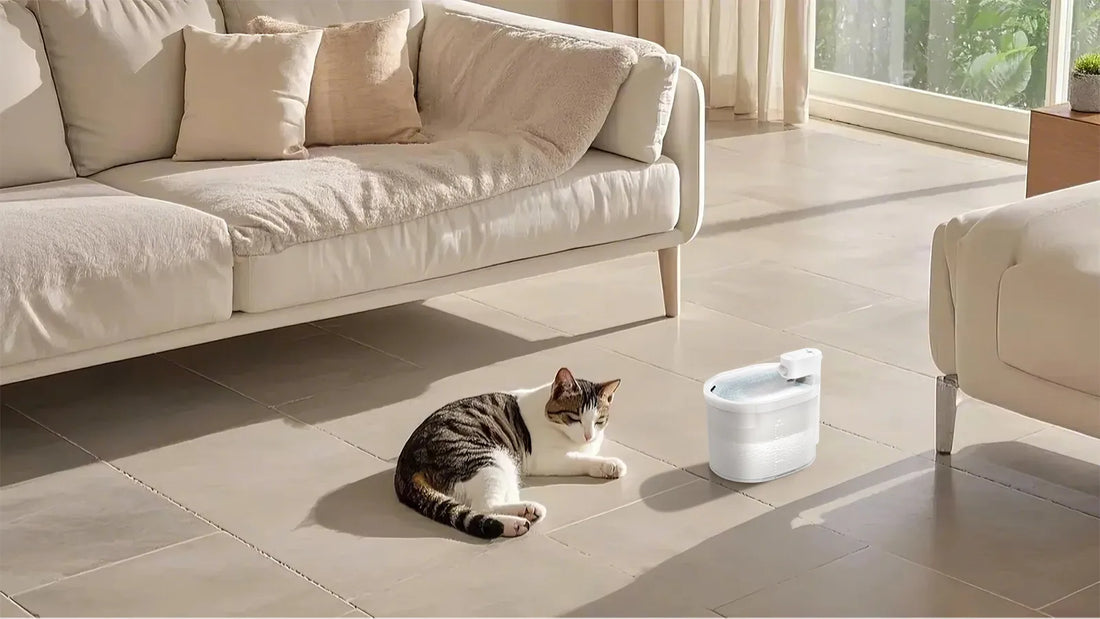Every puppy owner wants to ensure their furry friend grows up healthy and strong. One of the most common questions new pet parents ask is, how old to stop feeding puppy food? The answer isn’t as straightforward as you might think, as it depends on factors like breed, size, and overall health. This guide will walk you through everything you need to know about transitioning your puppy to adult dog food at the right time.
Understanding Puppy Food
Puppy food is specially formulated to meet the nutritional needs of growing dogs. It contains higher levels of protein, fat, and essential nutrients like calcium and phosphorus to support rapid growth and development. Unlike adult dog food, which is designed for maintenance, puppy food provides the extra energy and nutrients puppies need during their formative months.
Why Timing Matters
Switching from puppy food to adult dog food too early or too late can have significant consequences. Feeding puppy food for too long can lead to excessive weight gain, especially in larger breeds, while switching too early can deprive your puppy of the nutrients they need for proper growth. Knowing the right age to make the transition is crucial for your puppy’s long-term health.
Factors That Determine the Right Age
Several factors influence when you should stop feeding puppy food:
- Breed Size: Smaller breeds tend to mature faster than larger breeds. While small breeds may be ready to switch to adult food by 9-12 months, larger breeds may need puppy food for up to 18-24 months.
- Growth Rate: Puppies grow at different rates, even within the same breed. Monitoring your puppy’s growth can help you determine when they’ve reached their full size.
- Health and Development: Puppies with specific health conditions or developmental delays may need to stay on puppy food longer. Always consult your veterinarian for personalized advice.
Signs Your Puppy Is Ready for Adult Food
How can you tell if your puppy is ready to transition to adult dog food? Look for these signs:
- Your puppy has reached their full height and weight.
- Their energy levels have stabilized, and they’re no longer growing rapidly.
- Your veterinarian confirms that your puppy’s growth plates have closed, indicating they’ve finished growing.
How to Transition to Adult Dog Food
Switching your puppy to adult dog food should be done gradually to avoid digestive upset. Follow these steps:
- Start by mixing a small amount of adult food into your puppy’s regular food.
- Gradually increase the proportion of adult food over 7-10 days.
- Monitor your puppy for any signs of digestive discomfort, such as diarrhea or vomiting.
- If your puppy adjusts well, you can fully transition to adult food.
Common Mistakes to Avoid
When transitioning your puppy to adult food, avoid these common pitfalls:
- Switching Too Quickly: A sudden change in diet can upset your puppy’s stomach. Always transition gradually.
- Ignoring Breed Differences: Larger breeds have different nutritional needs than smaller breeds. Make sure you’re following guidelines specific to your puppy’s size.
- Skipping Veterinary Advice: Your veterinarian can provide tailored recommendations based on your puppy’s health and development.
Nutritional Considerations for Adult Dogs
Once your puppy has transitioned to adult dog food, it’s important to ensure they’re still getting a balanced diet. Adult dog food should provide the right balance of protein, fat, carbohydrates, vitamins, and minerals to support overall health. Look for high-quality options that meet the nutritional standards set by reputable organizations.
Monitoring Your Dog’s Health After the Transition
After switching to adult dog food, keep an eye on your dog’s weight, energy levels, and overall health. If you notice any changes, such as weight gain or loss, lethargy, or digestive issues, consult your veterinarian. Regular check-ups can help ensure your dog remains healthy and happy.
Frequently Asked Questions
Q: Can I switch my puppy to adult food earlier if they’re a small breed?
A: Yes, smaller breeds mature faster and can typically transition to adult food between 9-12 months. However, always consult your veterinarian first.
Q: What if my puppy doesn’t like adult dog food?
A: If your puppy is hesitant to eat adult food, try mixing it with their favorite puppy food or adding a small amount of wet food to make it more appealing.
Q: Is it okay to feed my puppy adult food occasionally?
A: While an occasional bite of adult food won’t harm your puppy, it’s important to stick to puppy food as their primary diet until they’re ready to transition.
Final Thoughts
Knowing how old to stop feeding puppy food is essential for your puppy’s health and development. By understanding the factors that influence the transition and following a gradual approach, you can ensure your puppy grows into a healthy, happy adult dog. Always consult your veterinarian for personalized advice, and remember that every puppy is unique. Your furry friend’s well-being is worth the extra effort!













